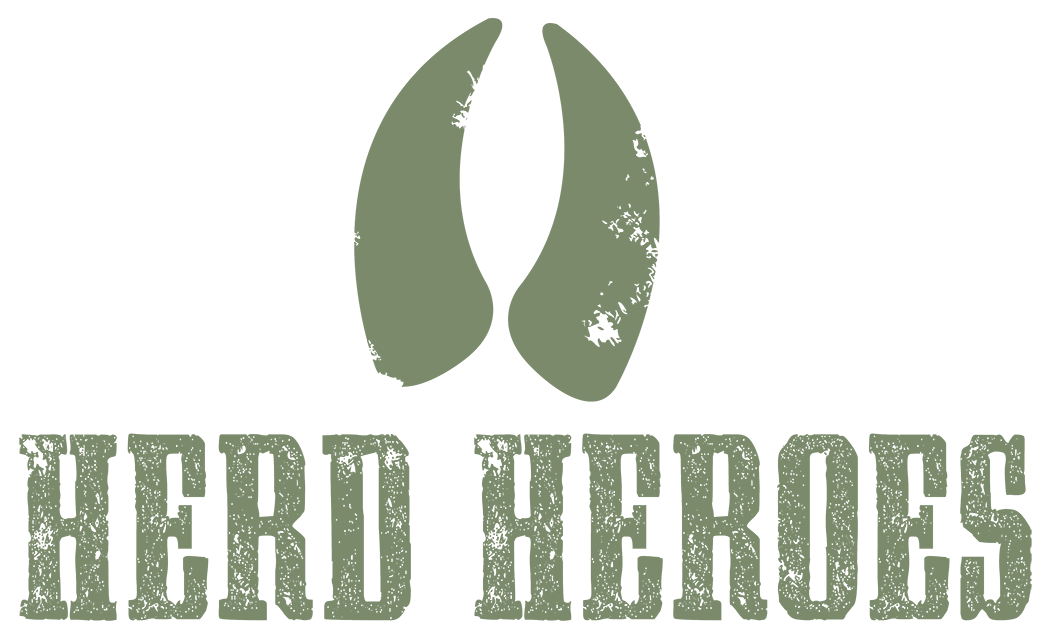Written by Rebecca Di Tucci
Approximately 750 million people from low and middle-income countries rely heavily on the yield of their livestock for both income and dietary needs. But, an ongoing issue in these countries is that their livestock are not surviving harsh climates and are not yielding enough to make a decent profit. Researchers are trying to find ways to benefit these small-scale farmers through better access to veterinary care and improved animal genetics, with the goal of improving the yield of their livestock.
Bill Gates, worth $92.8 billion and one of the most philanthropic men in the world, has donated $40 million to go into the research of crops that will withstand drought or disease as well as higher- yielding livestock and vaccines that will help keep these animals healthy. When announcing this large donation, Gates stated: “If you care about the poor, you should care about agriculture. And if you care about agriculture, you care about livestock”. The Gates Foundation believes that this research will eventually help move developing countries out of poverty as they sell their higher yielding livestock on the market, thus bringing in a more sustainable source of income to help take care of daily expenses and improve living standards. The livestock that isn’t sold can be consumed and will provide nutrition for farmers and their families, and ultimately save them money since they wouldn’t have had to purchase the meat. Gates also shared, “For more than a billion-people living in the poorest countries, agriculture and livestock are a lifeline out of poverty”. In lower income countries, owning livestock is what separates you from the rest. That extra income puts kids through schools, which are primarily private and require some form of tuition payment. Thanks to the extra income provided by livestock, many doors will open for children who otherwise would not have had a chance to go to, or finish, school.
At Herd Heroes, our goal is similar to that of The Gates Foundation and the research they are currently funding at The University of Edinburgh. We recently started construction on the Animal Health Field Station in L’Azile, Haiti. The Animal Health Field Station will be the focal point of veterinary care in L’Azile. It will be the first step down the road of providing exceptional veterinary care for livestock in Haiti. The field station will provide a safe haven for animals in need of protection from predators and inclement weather. This station will also have medicine and vaccines to promote the well-being of community livestock and protect public health by preventing diseases that can be transmitted to people. In addition to storing medications, emergency supplies, and supplemental feed for the animals, the Animal Health Field Station will also provide a location for services such as artificial insemination. The Field station will house a few animals that have favorable genetic traits. These animals will be used to better the gene pool and, ultimately, breed higher yielding livestock. This could greatly benefit small-scale farmers of L’Azile by providing an increased income or source of food. We will use the Field Station as a base of operations to conduct assessments of herd health and public health issues, such as antimicrobial resistance. Our philosophy, stated very simply, is consistent with that of The Gates Foundation:
Healthy, high-quality livestock = financial security for small farmers = thriving rural communities
